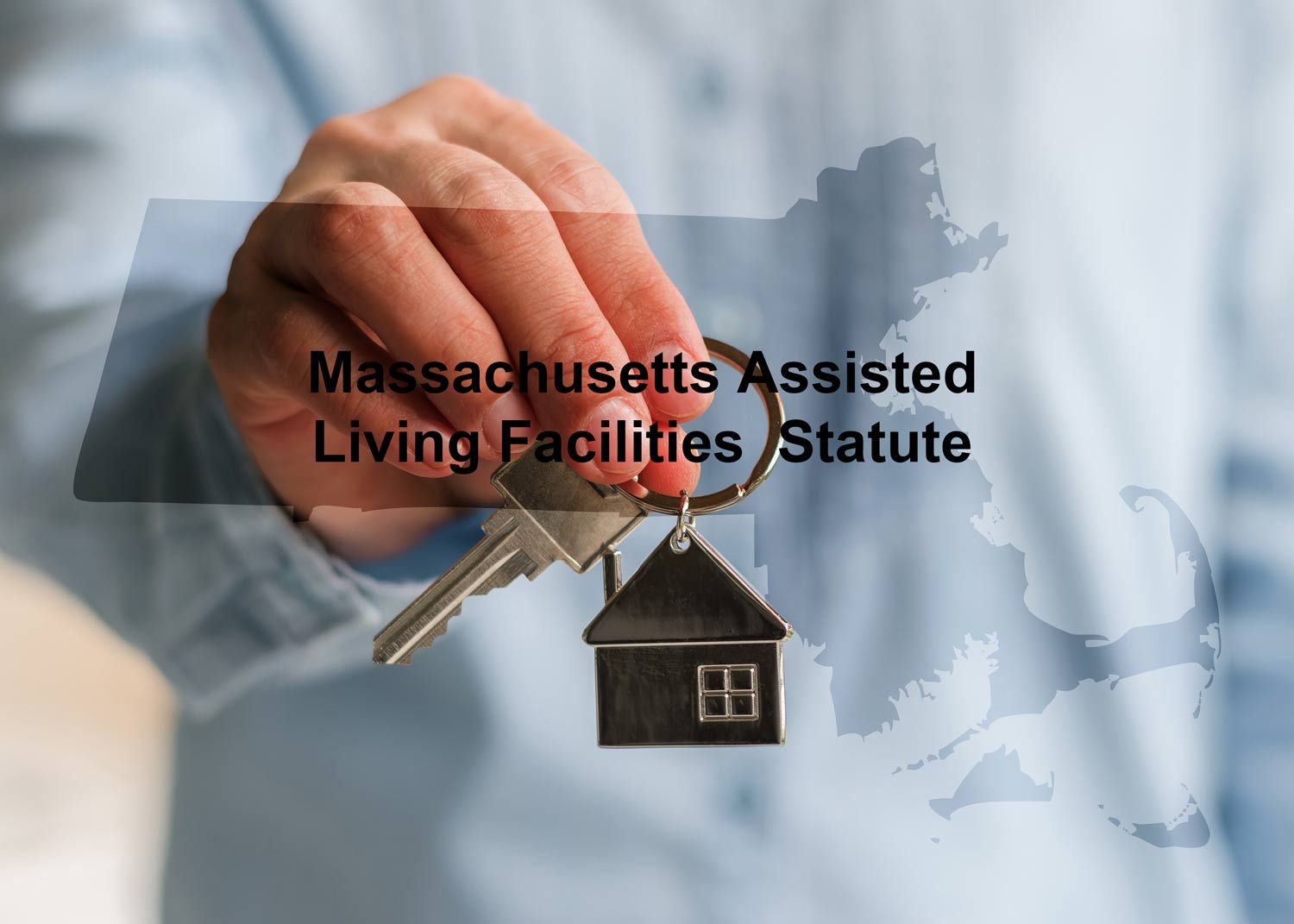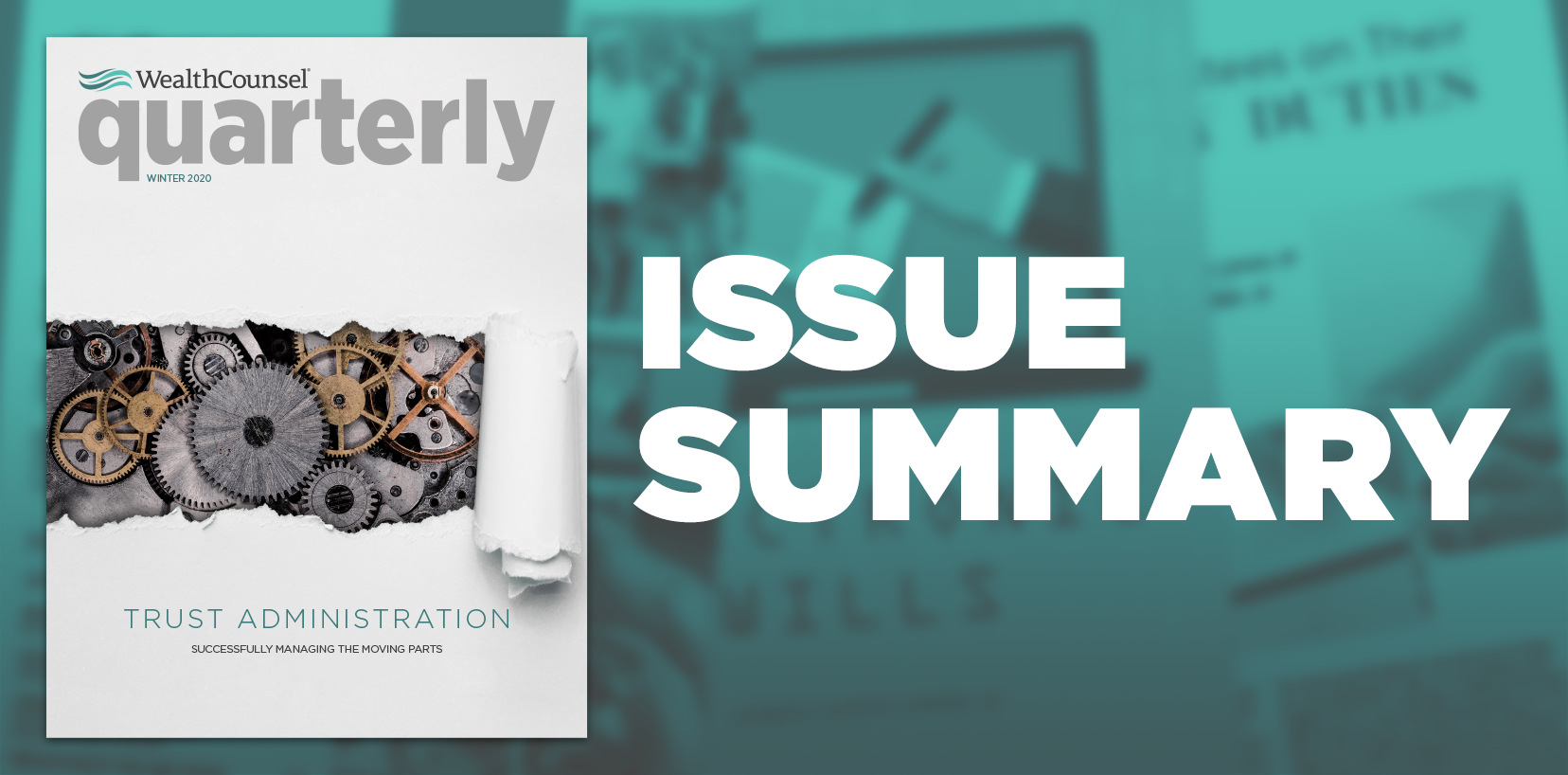
By Libby Banks, The Law Office of Libby Banks, PLLC
In the course of developing my estate planning practice, I’ve realized that the majority of my clients are women. I also have found that when a married couple comes to see me, the wife is typically the driver of the meeting. As both a woman and an estate planning attorney, I have developed some ideas about why women are so often the initiators of the estate planning process and what they are looking for from us as estate planners.
Women tend to be concerned about family above all else
For most of the women who come to my office, their families are their primary concern. They worry about how their death will affect the dynamics of the family and the relationships of their children and grandchildren. They’ve maintained the unity of the family through the years: raising their children, seeing them marry, incorporating in-laws into the family, and sometimes seeing them through divorces and tragedies. Their main goals are making things easy for the children, avoiding any controversy, and assuring a smooth transition. Ultimately, they want the family to remain close and for their children and grandchildren to benefit from their hard work.
As estate planners, we have the opportunity to guide our clients in making decisions that will go a long way toward accomplishing these important goals. Properly counseling clients regarding who should serve as their trustees or co-trustees and who will be their agents for healthcare or financial decisions requires us to have an understanding of the family dynamics. I’ve applied the advice of my own mother: You have two ears and only one mouth for a reason. Asking open-ended questions and listening for the answers—as well as ascertaining the underlying emotions and worries—will assist your client in making good decisions and help you give good advice.
Download the entire article, "Six Considerations for Serving Women Estate Planning Clients" for free!
Women are often caregivers for aging relatives or grandchildren
I find more and more of my female clients are caring for someone other than their own children. Some have aging parents or other relatives who rely heavily on them for care. These women often have taken over their loved ones’ finances as a trustee or agent acting under a power of attorney. Frequently, these caretaker clients have no estate plan but need to put a plan in place so that someone else can step in if they are no longer able to provide care. The estate planning attorney can assist in establishing a legal and practical plan that can provide continuity of care for the older relative.
Likewise, some women clients are raising a grandchild whose parents are unavailable. It is important for them to consider what will happen to their grandchild if they are no longer around. In such a case, a woman may want to designate a successor guardian. They should also evaluate their overall estate plan and determine how and to whom to leave their assets to best ensure that their grandchild continues to receive the financial care they are currently getting.
Download the entire article for free by clicking the "download" button below. If you want more content just like this, then subscribe to WealthCounsel's estate planning magazine, the Quarterly, for free.




